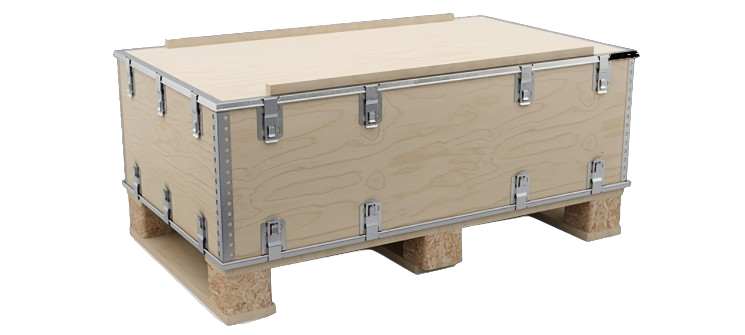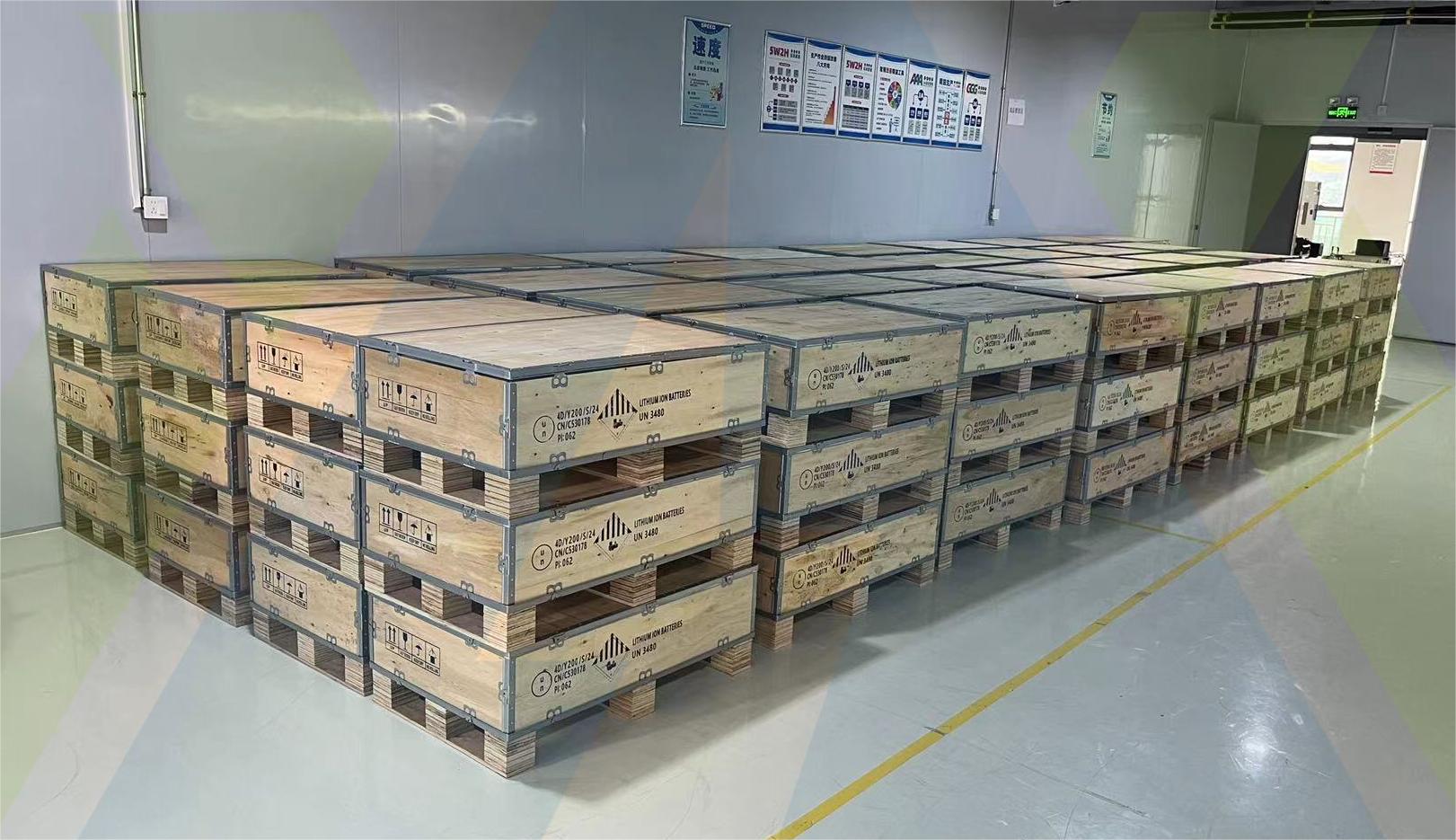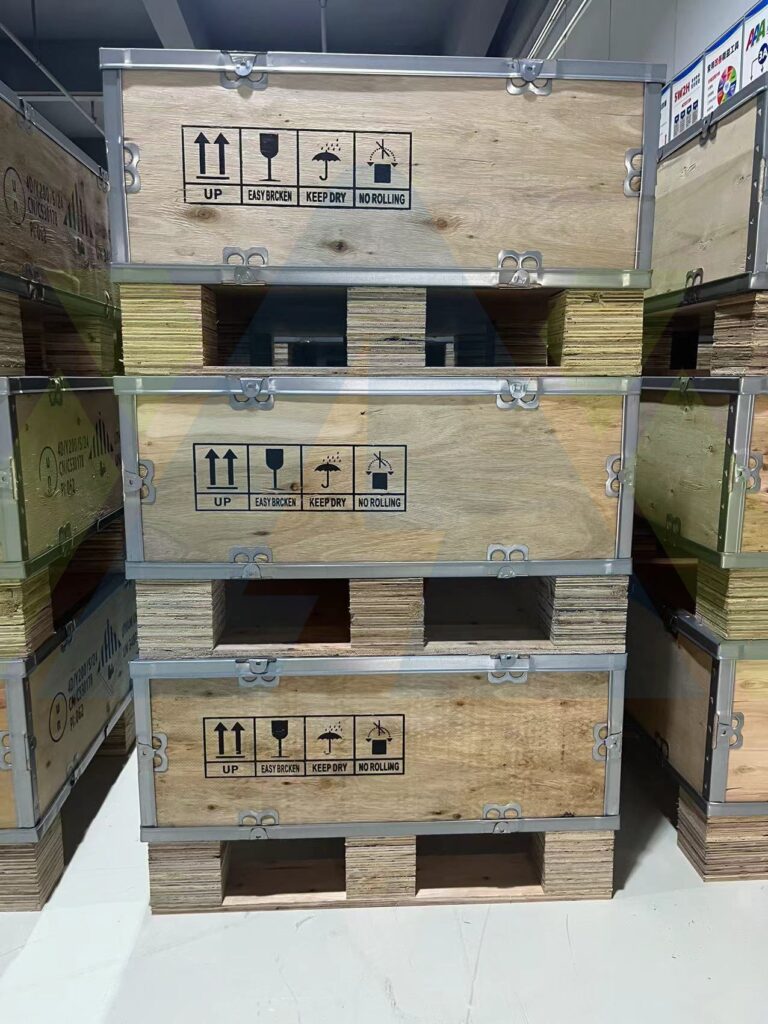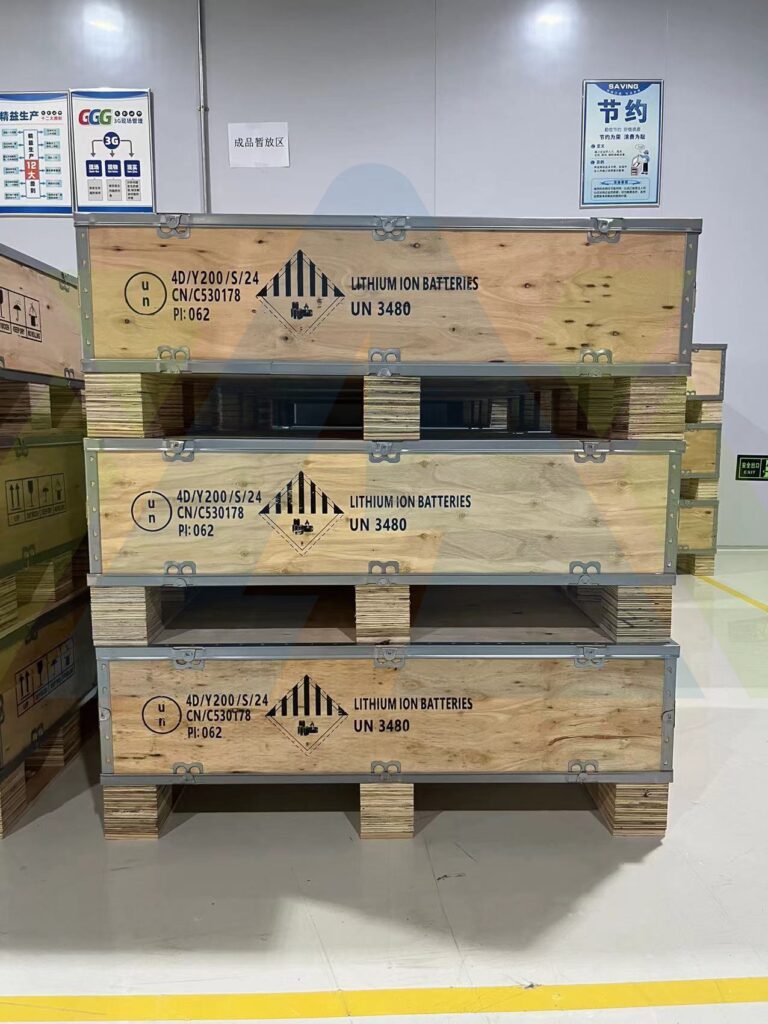Transporting lithium batteries is a task fraught with potential hazards, including fire and explosion risks. Recognizing these dangers, the MK factory has implemented stringent packaging regulations to ensure the safe and secure transportation of lithium batteries.
These regulations are meticulously designed to minimize risks and are based on three fundamental principles: the use of non-metallic inner packaging, sturdy outer packaging, and appropriate labeling and marking. This article delves into each of these points, highlighting MK’s commitment to safety and consistency.
Non-Metallic Inner Packaging
The first line of defense against the risks associated with transporting baterías de litio is the use of non-metallic inner packaging. This type of packaging is essential for several reasons:
Prevention of Short Circuits
Non-metallic materials such as plastic or specialized polymers are used to enclose each battery cell or battery pack. This ensures that the batteries do not come into contact with any conductive materials that could cause a short circuit.
Isolation
Each battery is individually enclosed to prevent them from coming into contact with one another. This separation is crucial as it prevents potential chain reactions if one battery were to malfunction.
Protection from External Conductors
By using non-metallic materials, the risk of the batteries interacting with external conductive materials during transportation is significantly reduced.
MK factory employs a variety of non-metallic materials and designs tailored to the specific needs of different battery types, ensuring that every battery is securely enclosed and insulated.
Sturdy Outer Packaging
While the inner packaging plays a critical role in immediate safety, the outer packaging provides the first layer of defense against physical damage during transportation. The MK factory uses high-quality, durable materials for outer packaging to achieve the following:
Impact Resistance
The outer packaging is designed to withstand impacts and vibrations that are common during transport. This helps prevent any physical damage to the batteries that could potentially lead to leakage, fire, or explosion.
Movement Restriction
Inside the outer packaging, batteries are often cushioned with padding materials to restrict their movement. This ensures that the batteries remain stationary, reducing the risk of damage caused by shifting during transit.
Weather Protection
The materials used for outer packaging are also often weather-resistant, protecting the batteries from moisture, extreme temperatures, and other environmental factors that could compromise their integrity.
MK’s outer packaging solutions are rigorously tested to meet and exceed industry standards, ensuring that they can handle the stresses of transportation without compromising safety.
Specific Labels and Markings
Proper labeling and marking are not only regulatory requirements but also essential for the safe handling of lithium batteries during transportation. The MK factory ensures that all packaging includes the following:
Identification Labels
These labels clearly indicate that the package contains lithium batteries. This information is crucial for transporters and handlers who need to be aware of the potential risks associated with the cargo.
Risk Warnings
Specific markings are used to highlight the potential hazards of lithium batteries, such as fire or explosion risks. These warnings ensure that anyone handling the package is aware of the need for caution.
Handling Instructions
Labels often include instructions for proper handling and emergency procedures in case of an incident. This can be invaluable in ensuring that handlers know how to manage the batteries safely and respond appropriately if something goes wrong.
MK factory adheres to international standards for labeling and marking, ensuring that their packages are easily identifiable and that the information provided is clear and comprehensive.
Consistency in Packaging Quality
One of the hallmarks of MK factory’s approach to lithium battery packaging is the consistency in quality. Regardless of the type of lithium battery or the mode of transportation, MK ensures that their packaging methods meet the highest standards. This commitment to quality is achieved through:
Customized Packaging Solutions:Different types of lithium batteries may require specific packaging solutions. MK tailors their packaging methods to the unique needs of each battery type, ensuring optimal safety.
Regular Quality Checks:MK conducts regular inspections and quality checks on their packaging materials and methods. This helps identify any potential issues and ensures that all packaging meets the required standards.
Compliance with Regulations:MK stays up-to-date with the latest regulations and guidelines related to lithium battery transportation. This ensures that their packaging methods are always in compliance with international safety standards.
The MK factory’s stringent adherence to lithium battery packaging regulations demonstrates their commitment to safety and quality. By focusing on non-metallic inner packaging, sturdy outer packaging, and appropriate labeling and marking, MK minimizes the risks associated with transporting lithium batteries. Their dedication to consistent packaging quality, tailored solutions, and regulatory compliance ensures that their batteries reach their destination safely and securely.




